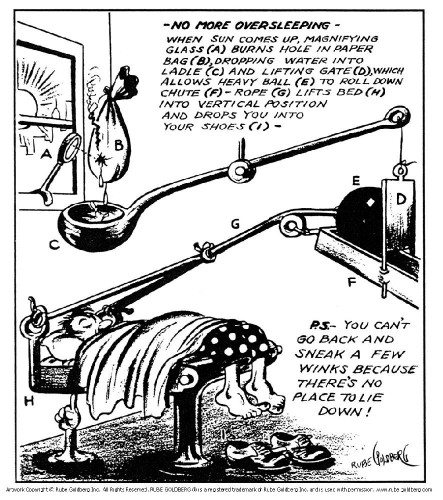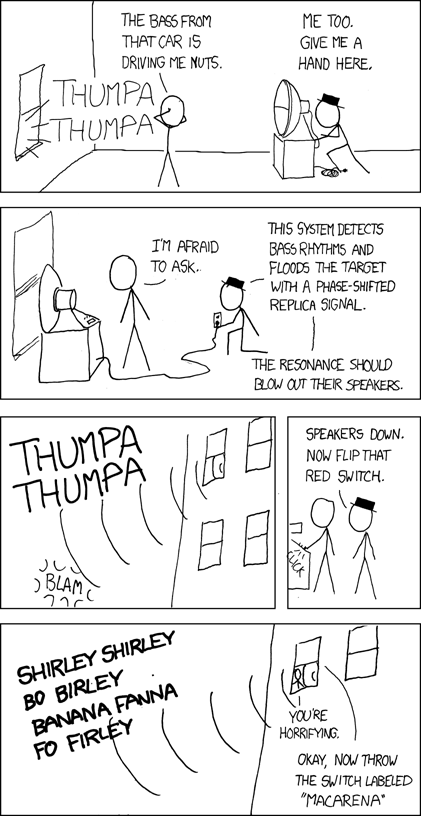Taylor Caldwell was a spitfire twentieth-century English-American immigrant writer; a prefatory note to her novel on St. Luke notes that “Any resemblance between ancient Rome and the United States of America and/or Russia are purely historical and not a coincidence.” I have not been able to determine whether or not she likes human beings; there seems strong evidence both for and against. But this characterization delights me. It is from her novel Answer as a Man.
Mr. Maggiotti was the only person on the street Bernard could tolerate; and he could sometimes be found chatting inside with Joe or sitting on a chair outside the shop more or less peacefully smoking and glaring at passersby, who found him formidable. He washed Mr. Maggiotti’s windows and swept his shop for free, despite the owner’s protests. He would accept a chunk of buttered Italian bread, however, and a little tobacco, with the graciousness of a bishop. Mr. Maggiotti would, with furtiveness and an eye for a reproving passing glance, give him a glass of very acid Chianti wine. They quarreled constantly, and loudly, and had an abiding affection for each other, these two old men. They also had respect. […]
“You gotta good grandson, that Jase,” Mr. Maggiotti would often say.
“He’ll do,” Bernard would grunt.
“He no hate work,” Mr. Maggiotti would protest.
“Sure, and you’re right, Joe. […] Well then, and it’ll do him good. Perhaps. Work never killed a man. It’s only the travail of his soul that kills him. Kills us all eventually.”
Mr. Maggiotti would reply with sadness, “Si. Grief—it killed my wife. All the bambinos….died—one year, two year. No food. Bad times. God rest her soul.”
Bernard would say with unusual cheerfulness, “Thank God, we all die. That’s one blessing.”
Mr. Maggiotti, a buoyant soul, did not entirely agree with this, though being a polite man with manners, he would dolefully shake his head, as if in assent. He loved the infrequent sunshine in Belleville; he loved the trees and grass and flowers and the voices of children, and the rising dawns and the scent of good food and cloth, and the texture of the coarse lace he sold, and the winds of heaven and the silence of a moonlit midnight and the cheap gaudy statues in church and the glimpse of a pretty face and the sound of the rain on his tin roof and the slow falling of the miracle of snow. And Mass. But he never betrayed these weaknesses to Bernard, for whom he had respect. A man did not argue with a valued friend, except when it came to politics, a matter on which Mr. Maggiotti was vehement. Mr. Maggiotti thought that most politicians should be quietly assassinated. Bernard thought they should be publicly hanged. It was a subtle difference, which they never resolved.


